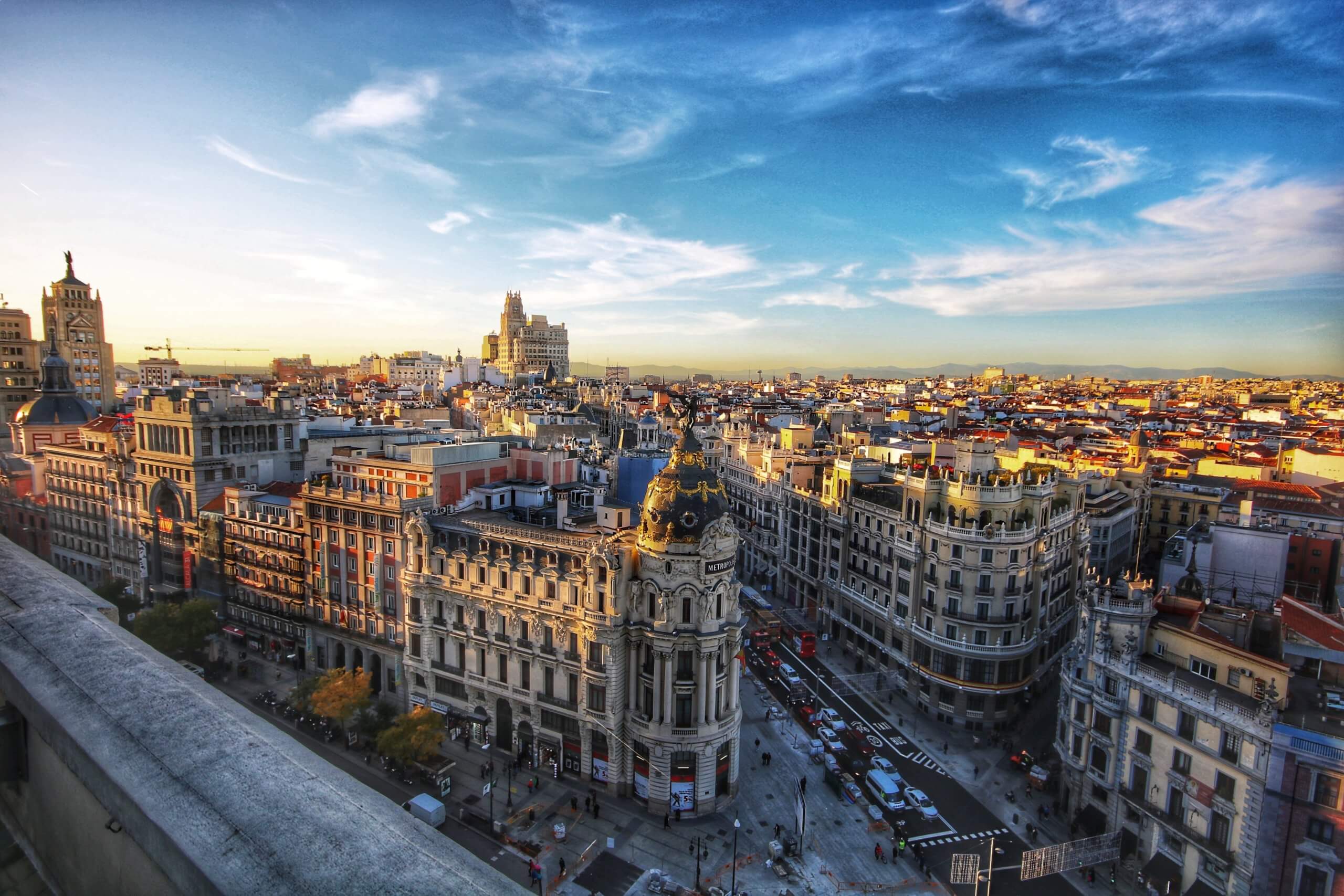- Guides
Our Top 10 Tips to Finding Friends Abroad
Let’s face it, moving abroad, where everything is unfamiliar, can feel like a bit of a maze. You’re struggling with...
Read moreGuides
Bulgaria has quickly become a hidden gem of Europe that, despite not being the most popular tourist destination compared to the likes of Spain or Portugal, has become a haven for digital nomads, students, and professionals who want to live in an affordable, culturally rich and beautiful country.
The Balkan nation is commonly dubbed the "cheapest country in Europe" thanks to falling house prices and the affordable cost of living. Apart from being a cheap escape compared to the rising prices of many neighbouring countries, Bulgaria is also a land of culture.
The country is a melting pot of Greek, Persian and Ottoman influences that have created a rich heritage that seeps into every inch of the diverse terrain, including traditional music, crafts, dance and a love for the outdoors. The alluring landscape and low cost of living have attracted internationals in their hoards, so whether you choose to move to Bulgaria for work or play, it's a decision you won't regret!
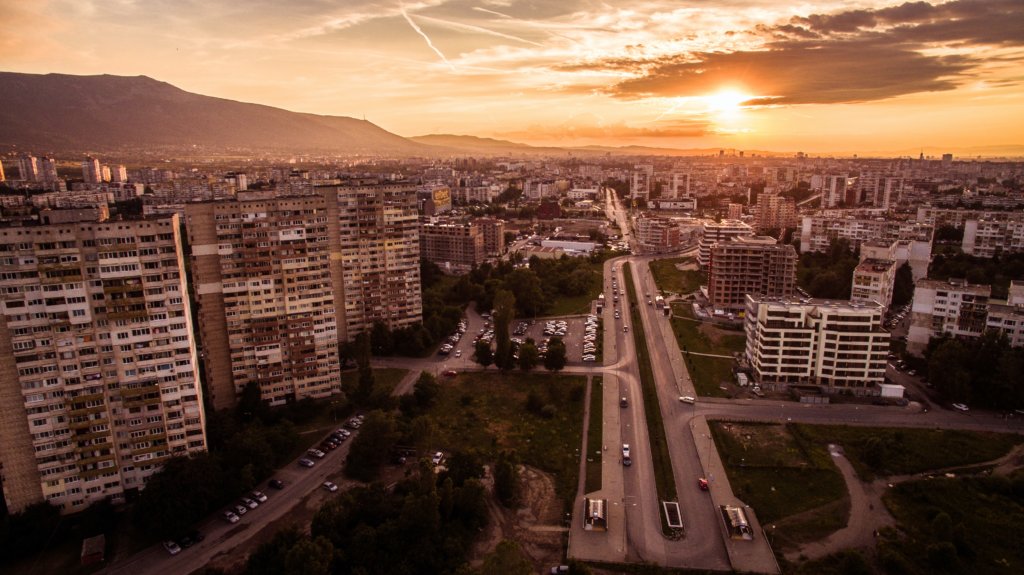
Whether you’re still weighing up your options, or have your heart set on a move to Bulgaria, here’s some of the basic information that you should know:
If you’re an expat moving to Bulgaria you do have the pick of the bunch when it comes to choosing where to live. The country doesn’t really have one singular popular expat destination. Most expats are spread out around the country’s main cities, so it doesn’t matter which one you choose to settle in--you’ll always be able to find other people just like you.
Whether you want to live in the snow-capped mountains or be within walking distance of beautiful beaches, Bulgaria has got the perfect spot for you to settle down in. Here are some of the main cities that expats choose to move to:
Bulgaria’s capital city, Sofia, is an obvious choice for expats that offers all of the convenience of being in a large city with lots of people, restaurants and things to do, but also has the relaxed Bulgarian vibe.
The modern, youthful city may not have all of the excitement of some of the country’s ski and coastal resorts. However, it still has a buzzing nightlife, beautiful architecture, lush public gardens and enough cafes and bars to keep you occupied for years!
Bankya is a city that’s located pretty close to Sofia, so it is easily commutable if you have a job in the capital. Still, residents can enjoy a much slower, suburban way of life.
The small town is known for its mineral spring and baths that have been in use for hundreds of years. There’s also plenty of parks and greenery around the town. The town is an excellent reminder of all the different cultural influences that have made up the country, with the remains of churches and archaeological sites of centuries past that any history buff would enjoy exploring.
An emerging haven for digital nomads is the ski resort of Bansko, located at the foot of the Pirin mountains. It’s become especially popular with younger people in the past few years with plenty of coworking spaces, cafes and restaurants, plus all of the outdoor winter sports you could dream of. If you have a passion for skiing but don’t see the appeal of larger resorts in France and Switzerland, Bansko is the place to be.
Because of its surge in popularity, Bansko is becoming popular with tourists and new developments, so if you’re thinking of moving here, you want to do it soon before prices start to increase!
If you crave a coastal home, Varna is one of the hottest spots in Bulgaria. The business hub is right on the coast of the Black Sea and is popular due to having great transport links with the rest of Europe.
The beautiful beaches of Varna don’t look too dissimilar from the golden coasts of some of Europe’s most popular holiday destinations. So if you want to feel like you’re on a beach holiday all year round, this is the perfect city for you.
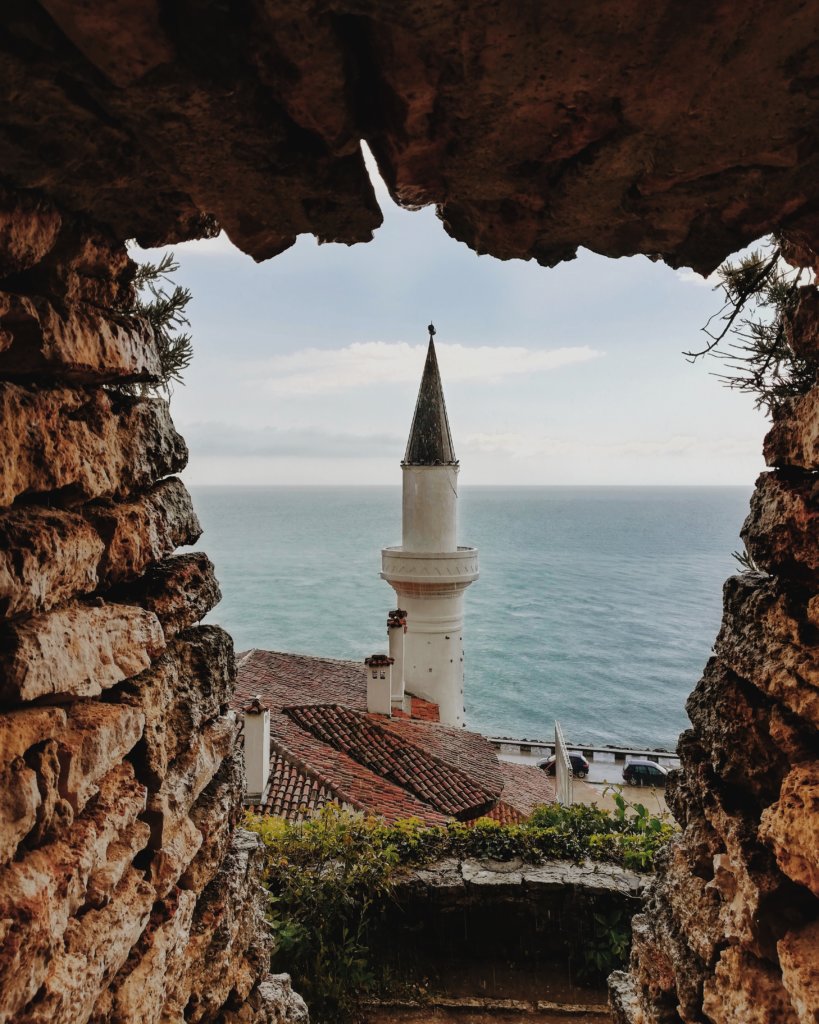

The percentage of homeownership in Bulgaria is very high, but if you’re moving to the country for the first time as an expat, it’s probably best to start with renting. If you start renting, you can test out different cities and see which one you prefer, then once you start to settle down, you can think about making a more permanent investment.
In Bulgaria, rental prices are very low to balance out the equally low salaries, typically around €300 a month. If you move to one of the major Bulgarian cities, you can expect to pay between €400 and 450 rent a month for a 2-bedroom apartment in a good area.
The Bulgarian housing market also offers a lot of different styles of housing, so you can really find a place that fits your personal tastes. Communist-era apartment blocks are the standard in many cities. Still, you can also find apartments in historical buildings or luxury houses if you’re willing to set up your home a little further out of the city centres.
When you start a rental contract in Bulgaria, you’re normally signing up for a 12-month lease. This can be negotiated with your landlord depending on your situation, though.
Expats can house hunt online, but be aware of scams online that take advantage of expat’s limited knowledge of the Bulgarian language that could end up losing you a lot of money. If you can, you should house hunt in person and with an agent who can show you some of the best houses or apartments you can get within your budget.
When you sign your lease, you’ll be expected to pay a deposit fee (equivalent to one month’s rent) which you can often get back at the end of your tenancy. You’ll also be asked to pay your first month of rent in advance. Depending on where you choose to live, you may also have to pay extra for cleaning costs, waste collection and parking spaces.
Most rental prices in Bulgaria won’t cover the cost of utilities, so make sure to factor these additional costs in when planning your budgets. Basic utilities (water, electricity, heating etc.) usually cost around €100 a month, and your internet cost should work out at no more than €15 a month.
If you like to keep busy and explore in your spare time, Bulgaria has a lot to offer you - whether you like being outdoors and going on hikes or if you enjoy socialising with friends and meeting new people.
Not only is Bulgaria known as the spa capital of the world, with plenty of resorts around the country to help you relax and unwind, but it’s also the perfect location for anyone who loves more adrenaline-packed pursuits.
You can go on long hikes in the country’s mountainous regions, relax on the beach in coastal cities, or do some extreme winter sports in the country’s many ski resorts.
The country has a great landscape to explore, but life can be equally as exciting if you’re living in one of the big cities. Bulgaria has a strong culture when it comes to music, sports, nightlife, dance and food, so there’s always events and festivals going on throughout the year.
Here are some of the most popular Bulgarian festivals that you seriously shouldn’t miss:
If you’re a foodie, you’re going to have a great time in Bulgaria. The country’s cuisine is a real mixture that exemplifies all of the different influences that have made Bulgaria into the country it is today.
In Bulgarian food, you can see hints of Greek, Russian and Italian cooking. Every region also has their own individual styles of cooking - as you can imagine, the food eaten in coastal towns is very different to what’s eaten in the towns in the mountains! Bulgarian cuisine also shares many recipes with Middle Eastern cuisine, so if you enjoy dishes like moussaka and baklava, you’re going to be in just the right place.
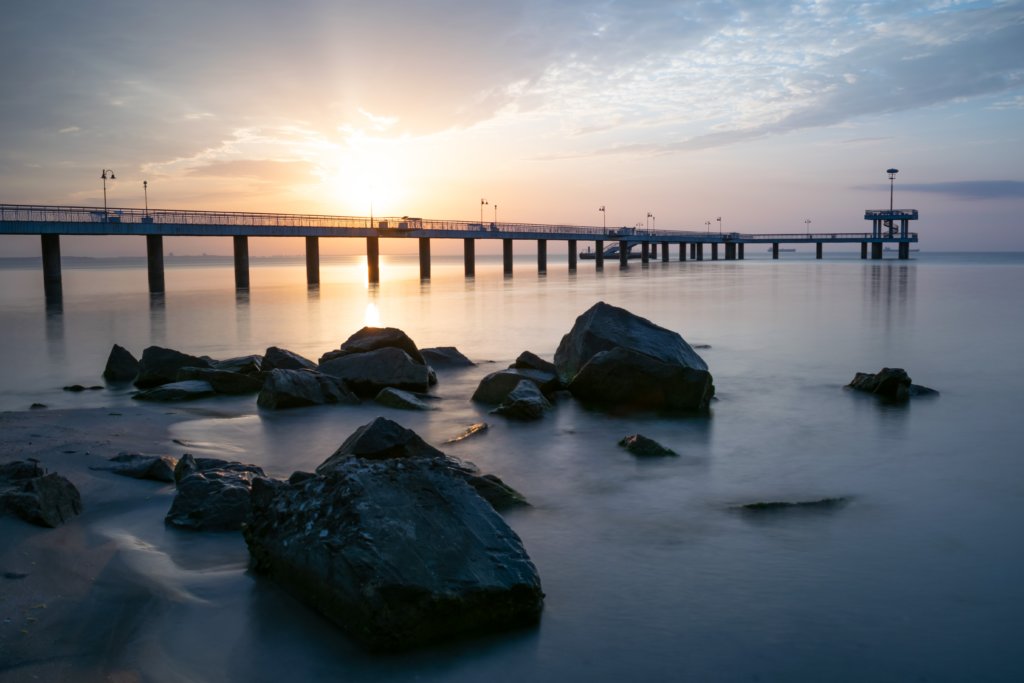
If you’re planning to move to Bulgaria, you can expect to pay a pretty low cost to live, but remember this is combined with equally low salaries. As we’ve already discussed, the cost to rent properties in Bulgaria is very low regardless of what city you decide to live in.
In Bulgaria, eating out is very cheap. The average meal out in a restaurant only costs 10 BGN, which is equivalent to €5. Even when you go out to get drinks with friends, you’ll pay no more than 3 BGN for a beer (€1.5), so you can easily spend a lot of your time socialising without having to worry too much about your bank balance.
Bulgaria is also known for having excellent produce, so expect to find many local fruits and vegetables in the supermarkets for low prices. The most expensive products you’ll find in a Bulgarian supermarket are usually imported products, so if you stick to local and seasonal products, you can keep your weekly shopping bill relatively low.
On average, a single person can expect to pay around €400 a month to live, excluding the cost of rent - this is more than 50% lower than the typical €900 you’d pay living in a Swedish city centre, for example.
| Sofia | |
| Groceries | |
| 1 kg oranges | €1.16 |
| 12 eggs 1 kg potatoes | €1.62 €0.60 |
| Restaurant/cafe | |
| Beer (0,5 l) | €1.23 |
| Meal for 2 at restaurant | €25 |
| Cappuccino | €1.21 |
| Sport & Leisure | |
| Gym membership | €20.4 |
| Cinema ticket | €6 |
| Public transport | |
| Single ticket bus | €0.6 |
| Taxi (normal tariff - 1km) | €0.4 |
| Average salary (NET) | €780 |
Living in Bulgaria, you'll never have to worry about getting around as the country is very well-connected - with established air, rail, road, and waterway links to help adventurers explore the country and beyond.
If you're looking to get a car while you're in Bulgaria, they are affordable and you can also use your own domestic driver's licence to explore the country by road. This will allow you to drive for a year, and after that time, you'll be required to get a local Bulgarian driver's licence. Although everyone drives on the right-hand side of the road in Bulgaria, Bulgarians are also known for driving slightly recklessly, so you might not feel like a pro driver straight away. In the cities, you can expect a lot of traffic, but as you move out of the populated areas, there's little to no traffic - apart from the occasional animal on the road! You can also expect the quality of the roads to go down a bit.
If you're commuting, or want to explore more of the country, using Bulgaria's railways is an affordable and efficient way to get around. The average 2-hour train journey only costs approximately €3 (9 BGN). The railways are built to connect the most hard-to-reach areas, so it's a great option even if you just want to hop on a train to get a scenic view of the beautiful Bulgarian landscape.
Bulgaria also has 5 international airports with excellent links around Europe and beyond, so even if you choose to settle down in the country, you still have the rest of the world on your doorstep.
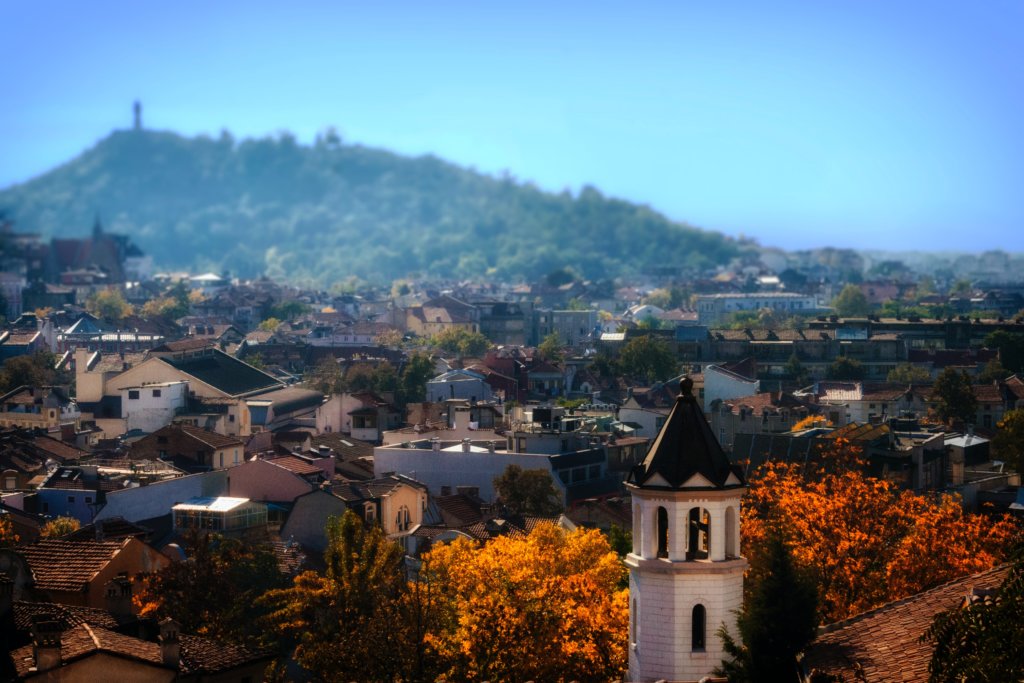
If you want to meet other people like you who’ve made the move over to Bulgaria, they’re effortless to find. It’s estimated that almost 60,000 expats live in the Balkan nation, and most of the larger cities have a thriving expat community. So no matter where you go, you’re bound to find other international people.
There are also plenty of expat groups that you can find online which organise meetings, events and trips. You can find these groups by simply googling the name of the city you’re moving to, and “expat groups” or “international groups”.
Although you may want to find other people who are from your country or are fellow expats, it’s also essential to make friends with the locals. Their English might not be the best, but hopefully, with your knowledge of Bulgarian, and their knowledge of English, you should still be able to have a conversation - and they can also help you improve your language skills!
Bulgarian has actually been classed as one of the most difficult languages in the world, so don’t worry too much if you don’t find yourself picking up the language quickly, but the more you practice the easier it becomes.
It’s also so much easier to learn a new language when immersed in it, so moving to Bulgaria and meeting Bulgarian people will make the process a lot easier. Despite the high numbers of expats living in Bulgaria, the number of Bulgarians who speak English is relatively low. Although you will easily be able to find fellow expats to talk to, when you’re out and about, it will be important to know some common words and phrases:
Another important thing to remember is that Bulgarian’s often shake their heads to say yes, and nod to say no - which can be confusing for many expats who are used to it being the other way around!
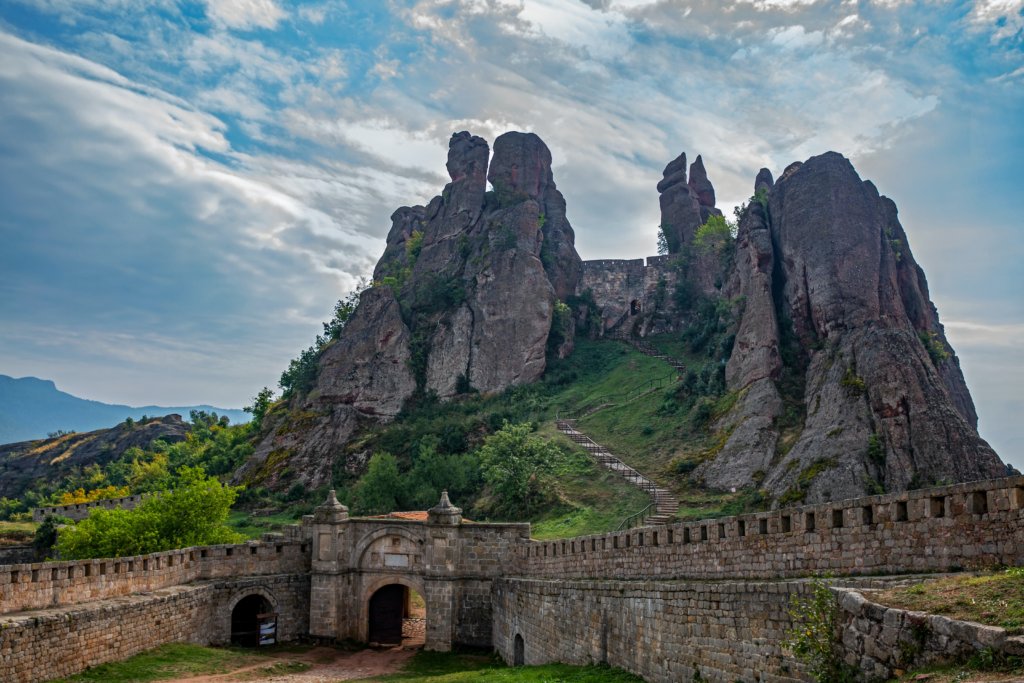
There are plenty of professional opportunities in Bulgaria for expats, whether you want to work remotely or in one of the thriving start-up companies in Sofia. The good news is that many companies really need multilingual skills and a foreign experience that they can not find locally.
Some of the main industries in Bulgaria that could be of interest to expats include:
In Bulgaria, the typical working week is 40 hours long, and you’re eligible to receive 20 days of annual leave. The fairly unique thing is that most Bulgarian employees will give you a book where you can fill in all your skills and qualifications at the start of your job. You then hand this to your employer, who will give it back when your employment ends. This useful document shows the performance and skills you have developed, which can then be given to other future employers.
Work culture in Bulgaria is all about creating good relationships with other people. Trust is super important to Bulgarians so expect them to put in the effort to get to know you - even if they do take their time at first. Bulgarians are usually direct and cooperative and enjoy working with other people and in teams.
Like in other countries, most jobs will involve a probation period of up to 6 months. Within this time, you or your employer can end the job agreement without notice.
After those 6 months, when you feel like your adventure at your current job has come to an end, you will also have to hand in your notice and work your specified notice period. This period varies from job to job, but the law establishes that the notice period for termination of a permanent contract is 30 days, unless you and your employer have agreed on a longer period, but not more than 3 months.
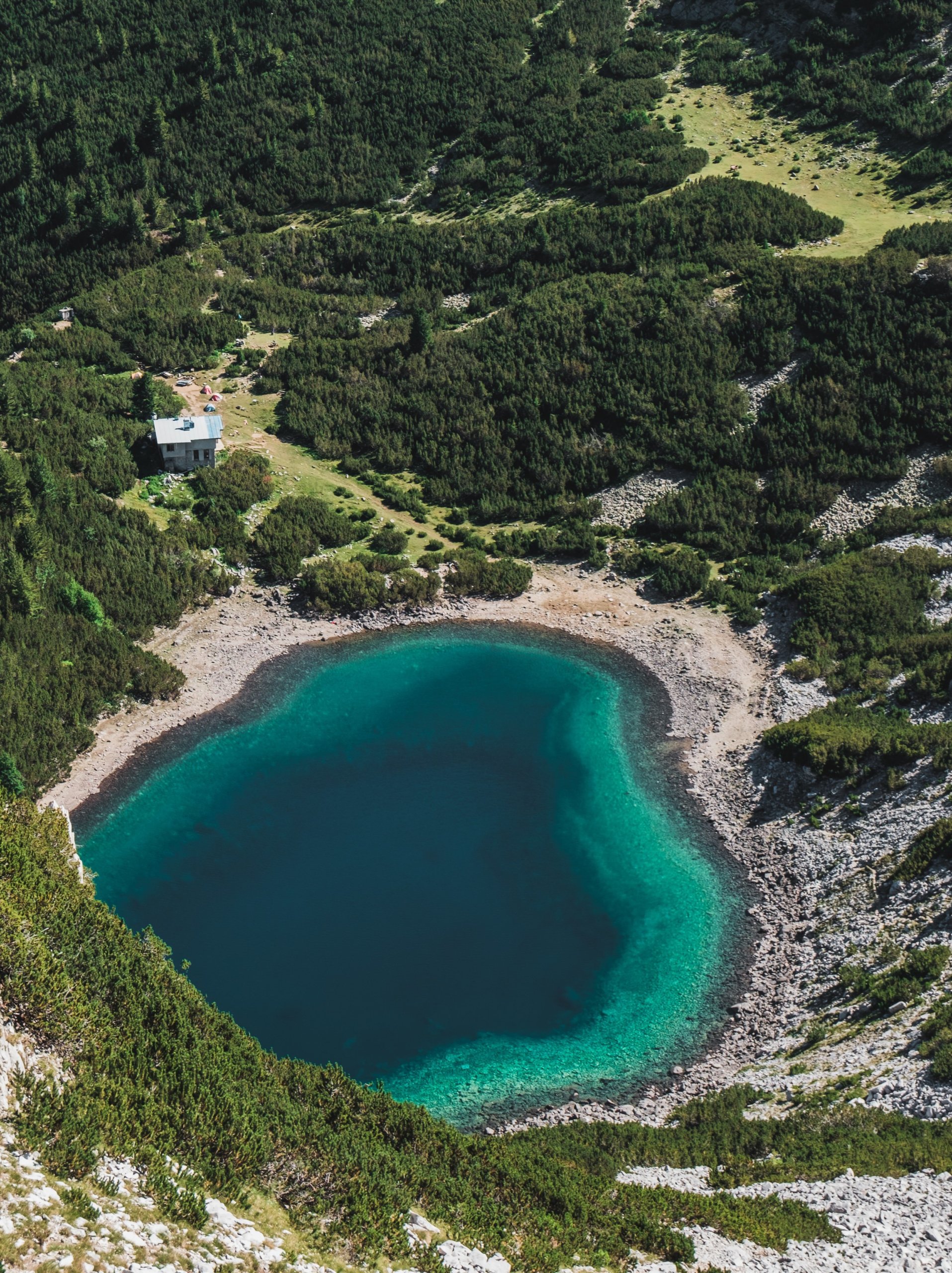
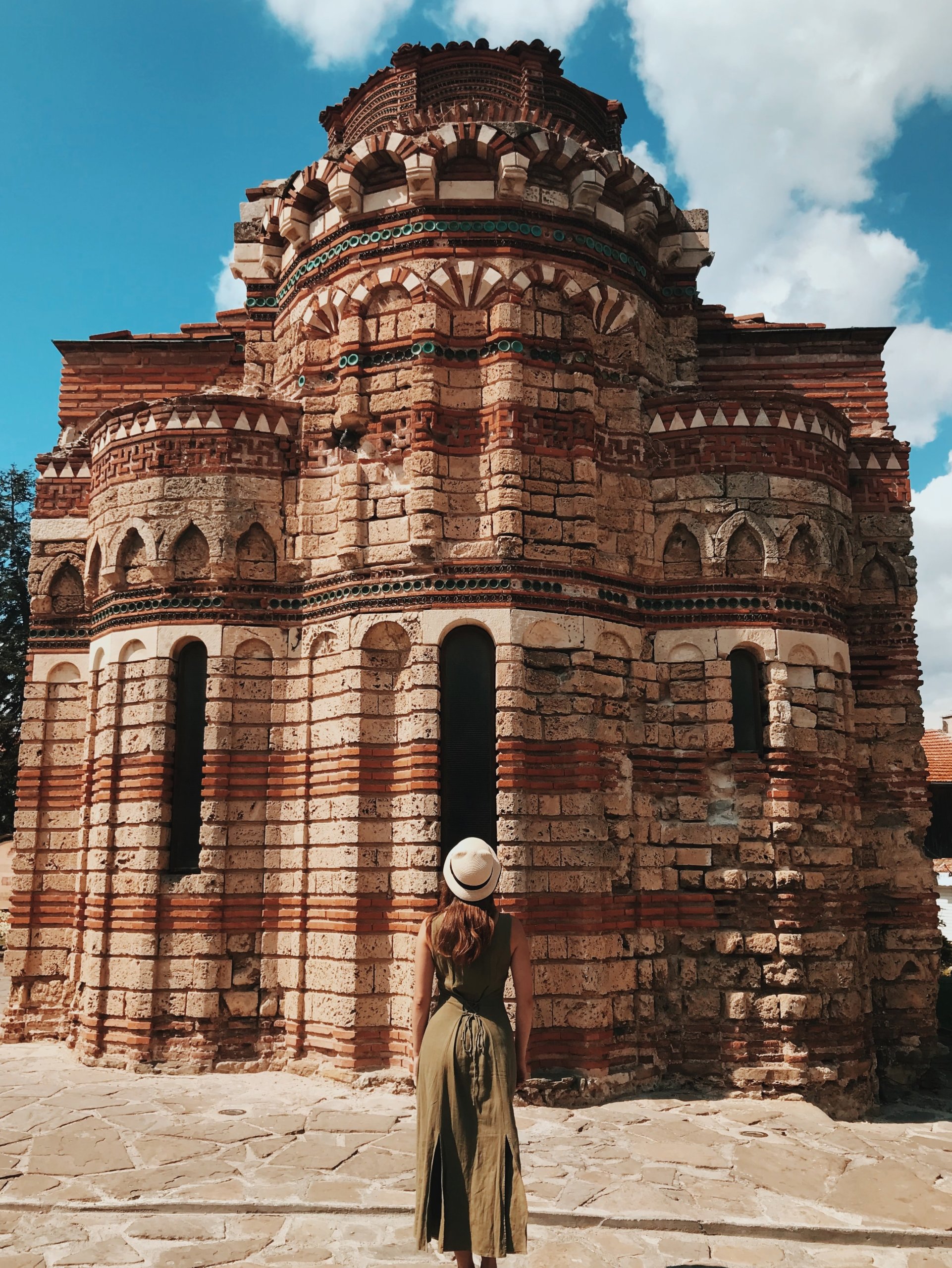
Bulgaria has a national minimum wage, meaning that it's illegal for an employer to pay you any less. Bulgaria's current minimum wage laws mean that the average person will receive a €300 a month salary if they are over 18. However, remember that expats receive a more attractive salary, and in many cases, bonuses are also included!
All income earned in Bulgaria is taxed at a flat rate of 10%. This income earned is also subject to various contributions to social security such as pension, health insurance, etc... In total, your income will be taxed at around 13%.
Therefore, Bulgaria's low taxes and affordable cost of living balance out to make it an affordable place to live - and you will probably be able to save some of your money while you're there!
If you want to expand your professional network in Bulgaria, you'll find it very easy as there's a thriving start-up culture, especially in Sofia.
There are lots of events throughout the year that anyone attends. Some lots are hosted through Meetup where you can find events in your area or your industry. You can also find events on Google by simply searching for things like "Networking events in Sofia" or "Meet marketing professionals in Bulgaria". You can even look for groups on Facebook that connect business professionals in the country.
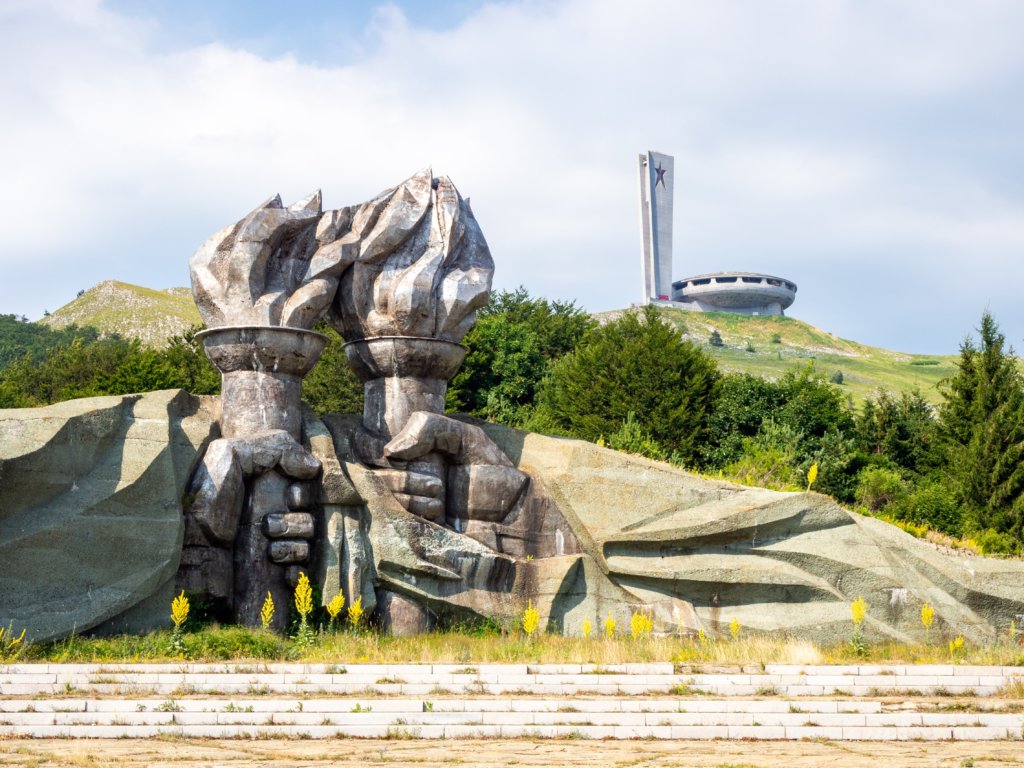
Bulgaria is part of the European Union, which means if you’re from another EU country, it’s pretty easy to relocate. You will only have to apply for a long-term residence permit to allow you to stay in the country for more than 90 days. This residence permit will be valid for 5 years.
Applying for this is pretty simple. You just need to go to the local Migrations office in your area and submit the following documents:
You will also have to fill in an application form that will be provided for you at the office. The authorities will then assess your application. There can sometimes be delays (like with all government processes), so don’t expect to hear back straight away. It can sometimes take a few weeks.
Having this permit will allow you to apply for the Tax Identification Number and ID Card. The TIN (a 10 number digit) is required in addition to the residence permit to register to the Bulgarian Government institutions and utility service providers and to pay your taxes. You will need to apply it at the local office too, and it can take up to 30 days.
The National Health Service in Bulgaria is available to all residents and foreigners. If you work in Bulgaria, you'll be paying contributions out of your salary to cover your public health insurance costs, which will give you access to first-rate medical care.
Although doctors and medical staff are highly trained, the healthcare system in Bulgaria wasn't always considered that good because of poor funding in the past. The quality hasn't met the standards of most Western European Countries. As a new arrival, you might find the facilities relatively poor, and English might not be widely spoken. However, this is now turning around, and the healthcare system has experienced a noticeable improvement - Bulgaria now spends 4.2% of its GDP on healthcare. In simple words, this means they have around 1.8 doctors per 1,000 people, which is above the EU average.
Public healthcare covers a range of treatments, diagnostics, medication and rehabilitation services you may need while living in the country. You can also have the right to choose your General Practitioner and dentist.
Nevertheless, many expats choose to use private healthcare. The standards here are typically superior to the public services, and the private system is comparatively cheaper than in Western Europe. Most private doctors are also bilingual, and the waiting lists are also shorter.
Regardless of whether you have a resident or non-resident status, any foreigner is allowed to open a bank account while they’re staying in Bulgaria.
Opening a bank account in Bulgaria is relatively straightforward, even though Bulgarian administration is notoriously heavy on paperwork. Most of the time you’ll just need to go into the local branch of your chosen bank and open an account. It’s always best to research the different banks before making your choice, as Bulgarian banks tend to charge for everything, even just withdrawing money, so you want to make sure you’re getting the best deal!
Some of the most popular banks in Bulgaria are:
Once you’ve decided on the bank and you’ve found your local branch, you’ll generally need to bring the following documents with you to open your account:
The bank account will be open straight away, but your bank card will usually be delivered to your home address within a week.
Bulgaria is one of the hidden gems of Eastern Europe, so whether you want to enjoy beautiful mountainous landscapes or a thriving city hub, there’s plenty of choice for expats. Not only is the country extremely affordable, but it provides everything you could need. If you’re a young professional who wants to meet new people and socialise, there are plenty of corners where things are always going on, or if you want to boost your career, there are many jobs available in the tourism and outsourcing sector where you can use your multilingual skills.
Expats indeed come to experience Bulgaria’s beguiling blend of nature, history and culture with mountains that rival golden Black Sea beaches, the Danube River and cities that hum with nightlife and the arts. If you want to live in a country that has a thriving culture and a lot of history to soak up, there is really no better place to go than this Balkan nation.
Here are our top 10 reasons why you should consider the move over to Bulgaria:
So if the thought of living and working in Bulgaria attracts you, why not check out some of the job vacancies that we offer in the country here at Workwide Recruit!
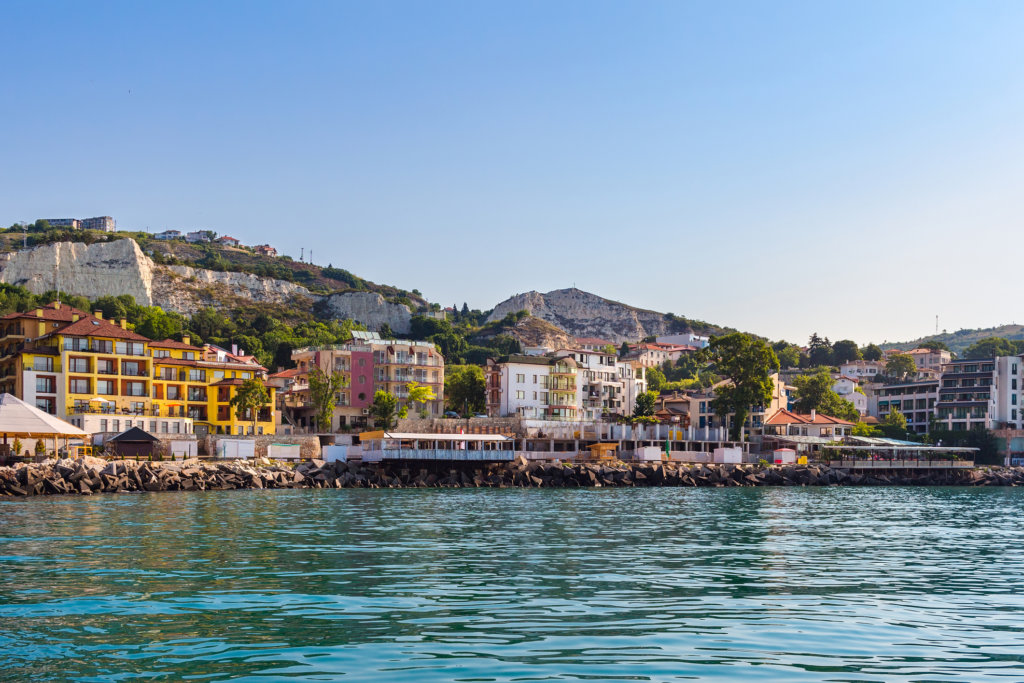
Let’s face it, moving abroad, where everything is unfamiliar, can feel like a bit of a maze. You’re struggling with...
Read moreWelcome to the beating heart of Spain – Madrid! This bustling metropolis offers a unique blend of rich culture, historical...
Read more
